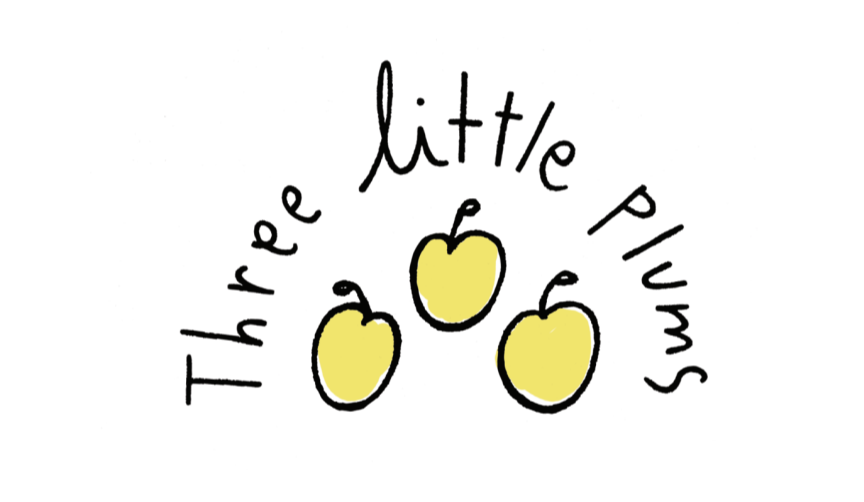5 Things Parisiennes Are Doing Right To Live A Less Toxic Life
The French, especially those living in the French capitol, have always been known for their wine, cheese, smoke breaks and je ne c'est pas attitude that defines the chicness that comes with being Parisian. However, in recent years, some things are beginning to change and it seems like a -still chic- yet more health conscious Parisian has emerged. Here is what they are doing right and what we can learn from them.
1. French toys. Yes, of course you can find plastic toys in France, however overwhelmingly, toys for infants and young children are made of wood or fabric. The result? Flawless heirloom quality toys that do not expose young children to an endless list of chemicals.

Lucky for us many of the best known French brands are available in the States. Some of my favorites: Moulin Roty, Djeco, Janod, Vilac, Tirot. Like the French, when buying toys for infants and young children, choose wood or fabric toys, ideally made in Europe or in the US (to avoid lead in paint).
2. Fresh food. The weekly trip to the marche (farmer's market) is as french as can be. Eating unprocessed healthy fresh food straight from the farm assures the French they eat a healthy diet ( even while eating plenty of fresh cheese and wine ). Knowing the farmers who grow your food also makes it easier to ask questions about any pesticides used. Finally, the EU has much stronger laws regarding pesticides used in farmland and have banned numerous pesticides that are commonly used in the US due to their links to cancer.
Many cities in the US offer weekly (or more frequent) farmer's markets. Visiting your local Famer's Market, like the French, is always a good idea. Talk to the farmers: many small farms are not certified organic but still might practice organic farming and just cannot afford to pay for the certification.
3. Organic supermarkets. Most surprising to me, in my recent trip to Paris, is the surgence of organic ("bioloque") supermarkets throughout the city. Markets like Bien L'Epicerie ( locations throughout the city) Naturalia ( locations throughout th city ) and Veggie Epicerie Biologique ( 3 arrondissament) have become a relatively common sighting throughout the city. Additionally, traditional supermarkets like Franprix , Monoprix and Carrefour all have organic sections within their stores.
Due to the type of pesticides (and links to cancer among other illnesses of the most common pesticides used in the US) used in the US- try to buy organic food when possible, especially for young children. You can fin organic products beyong Whole Foods; many maistream supermarkets ffer a small selection as does Walmart. The more people request organic produce, the easier it will be to find and, probably, the lower the price. The Environmental Working Group offers a great list of what fruits and vegetables you should be buying organic (the ones with the highest amounts of pesticides when tested) and which you can buy conventional.
4. The French Pharmacy. We can only hope that one day a trip to our local pharmacy in the US offers such a large percentage of efficient beauty products ( albeit, not necesarily low in price), all proudly labelled " sans parabens, sans fragrance, sans conservateur etc" While French cosmetics and beauty products are not necessarily 100% non-toxic, thanks to strict EU laws banning over 1,378 chemicals in beauty products, their mainstream brands are definitely less toxic than ours. The US? Only 13 chemicals in beauty products have been banned here.
In the US, support products that are paraben, fragrance and plthalate free. Support companies that offer nontoxic cosmetics (Beauty Counter, Ava Anderson among many others. Look up more non-toxic options at EWG's Cosmetic Database)
5. La maison. The French home is also less toxic that its equivalent in the US. mostly because most Parisians do not have air conditioning and thus, their windows are open frequently. This allows any chemicals inside the house to migrate outside and fresh air to circulate.
